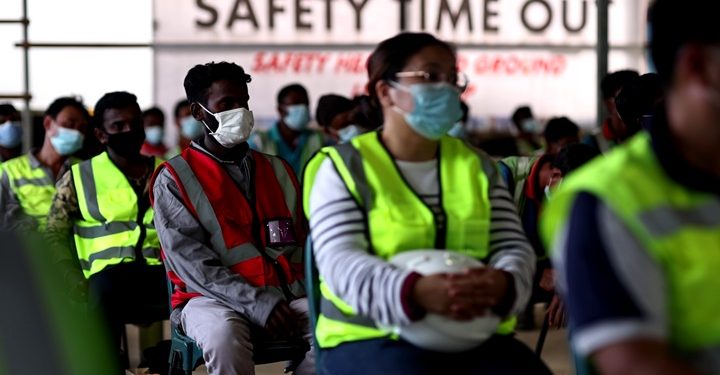There were 23 workplace deaths in the first six months of 2021 here in Singapore. In 2020, there were 30… for the entire year.
But these statistics mean nothing to the families of the fatalities. They only care about one.
That one husband who worked hard to support his wife and kids. That one son who had dreams of making something of himself. That one sister who wanted a better life for her siblings.
Indeed, one life lost is one too many.
Time for a Time-Out
After a recent spate of fatal accidents at the workplace, the Workplace Safety and Health Council (WSHC) called for a safety time-out (STO).
It is a measure that involves the temporary suspension of all or part of a company’s operations to address WSH concerns in the workplace.
In other words, work stops for a while so that they can review safety procedures.
Some companies from various industries, such as construction and manufacturing, have started on the exercise.
Zheng Keng Engineering & Construction was one of those that have recently done an STO.
Francis Ung, the company’s project director for a future multi-story bus depot site in the northeast, believes that this is a necessary step.
“I think the STO, most importantly, is to share with them the root cause of the accidents, how it happens, and how we should prevent such things from happening again.
“We want to remind them and create awareness, tell them that safety always comes first. We have to continue to work safely, and we need to really to bring the numbers down,” he said.
Working Together for Workplace Safety
The Building Construction and Timber Industries Employees’ Union (BATU) has stepped up efforts to urge its unionised companies to conduct STOs.
The union also come in to support workers in these situations.
“We always remind them to not be afraid of speaking out. If they come across any hazardous conditions, we advise them to raise these incidents to the management.
“This way, proper control measures can be put in place, intervention can be put in place, to prevent similar potential fatalities from happening,” said BATU Deputy Executive Secretary Steven Goh.
When Should Time-Outs be Called?
Your company should consider taking a safety time-out if any of the following situations (but not limited to these) occurs:
- An incident involving injuries and /or fatalities
- A dangerous occurrence
- Near miss with potentially severe consequences
- External events that have similar loss exposures to your company
- Key WSH targets of your company have not been met
The Tripartite Alliance has a time-out checklist as a guide for companies to take stock and review current WSH systems and work processes.

